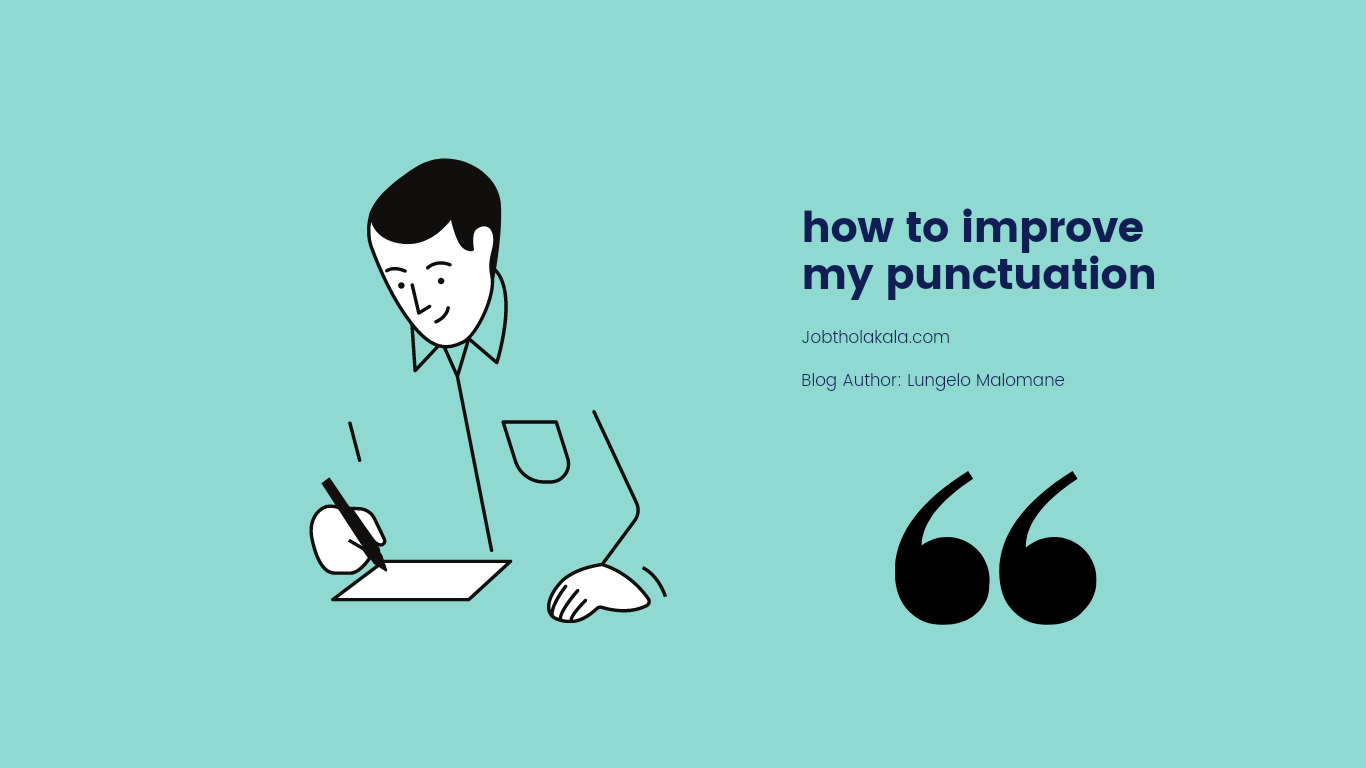 |
| how to write an informative essay |
- Choose a topic. The first step is to choose a topic that you are interested in and that you can find information about. It is important to choose a topic that is narrow enough to be covered in the space of an essay, but broad enough to provide enough information.
- Do your research. Once you have chosen a topic, you need to do some research to gather information. You can find information in books, articles, websites, and interviews. It is important to be selective about your sources and to make sure that the information you are using is accurate and reliable.
- Organize your thoughts. Once you have gathered your information, you need to organize your thoughts. This will help you to write a clear and concise essay. You can use an outline to help you organize your thoughts.
- Write your introduction. The introduction should introduce your topic and give the reader a brief overview of what you will be discussing. The introduction should also include your thesis statement, which is a sentence that states the main point of your essay.
- Write your body paragraphs. The body paragraphs should support your thesis statement with evidence from your research. Each body paragraph should focus on one main idea and should be supported by specific details and examples.
- Write your conclusion. The conclusion should restate your thesis statement and summarize the main points of your essay. The conclusion should also leave the reader with something to think about.
- Proofread your essay. Once you have finished writing your essay, it is important to proofread it for errors in grammar, spelling, and punctuation. You can also ask a friend or family member to proofread your essay for you.
Here are some additional tips for writing an informative essay:
- Use clear and concise language.
- Avoid using jargon or technical terms that your audience may not understand.
- Use vivid language to bring your essay to life.
- Use a variety of sentence structures to keep your writing interesting.
- Cite your sources properly.
Here are some examples of informative essay topics:
- The history of the Civil War
- The process of photosynthesis
- The benefits of exercise
- The dangers of smoking
- The importance of education
I hope this helps!






